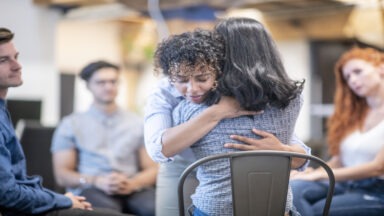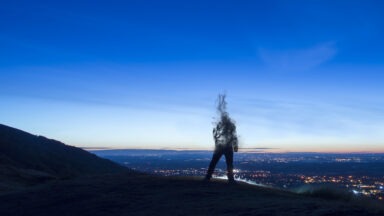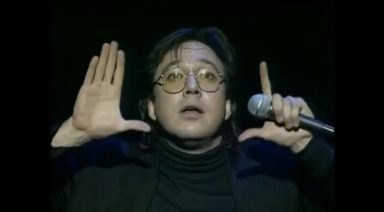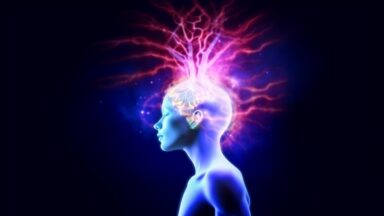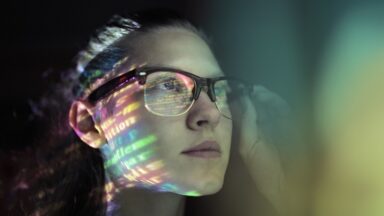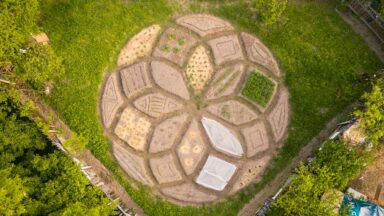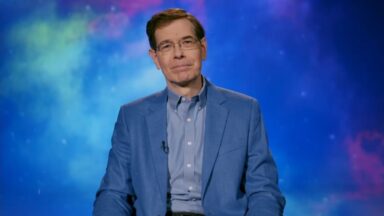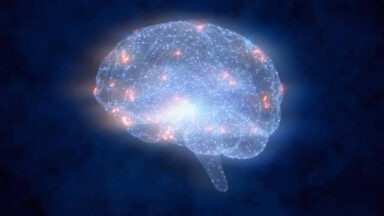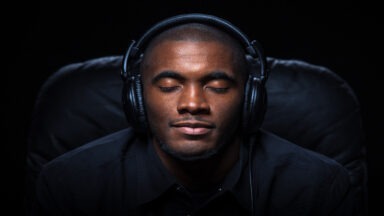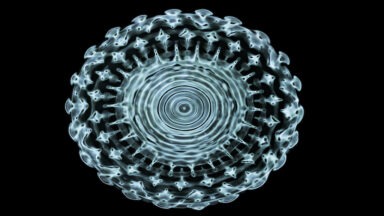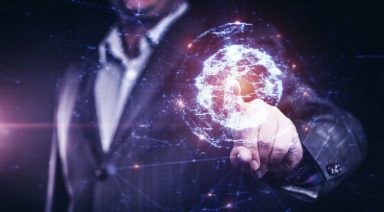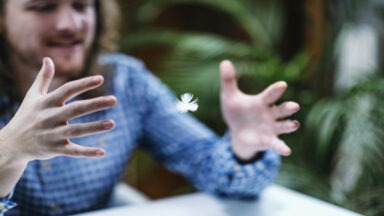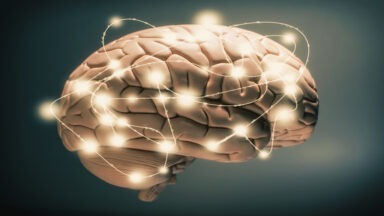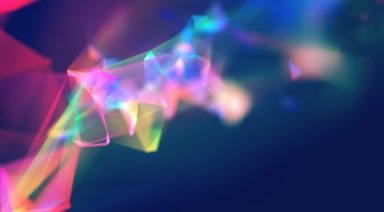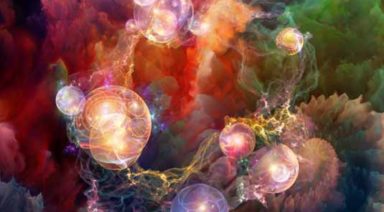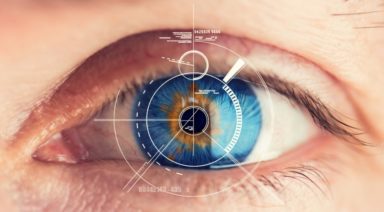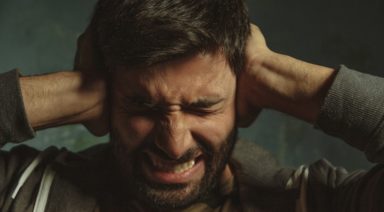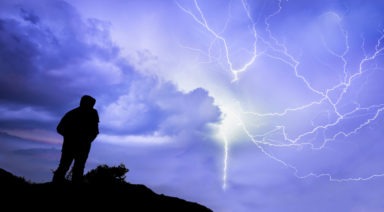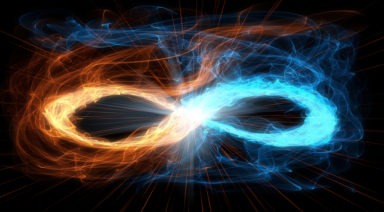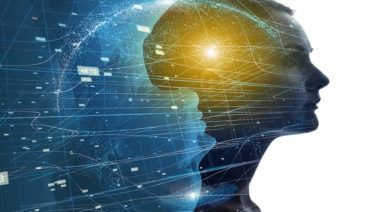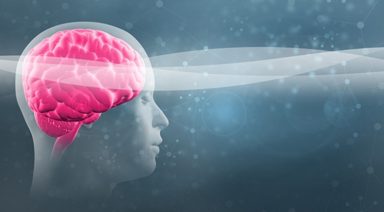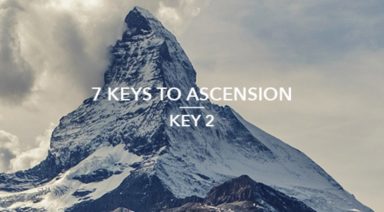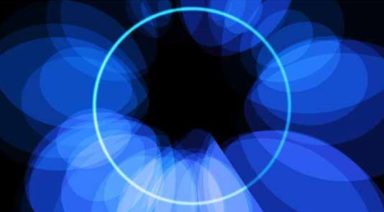Is Crowdfunding the Solution to Growing Psychedelic-Assisted Therapy?
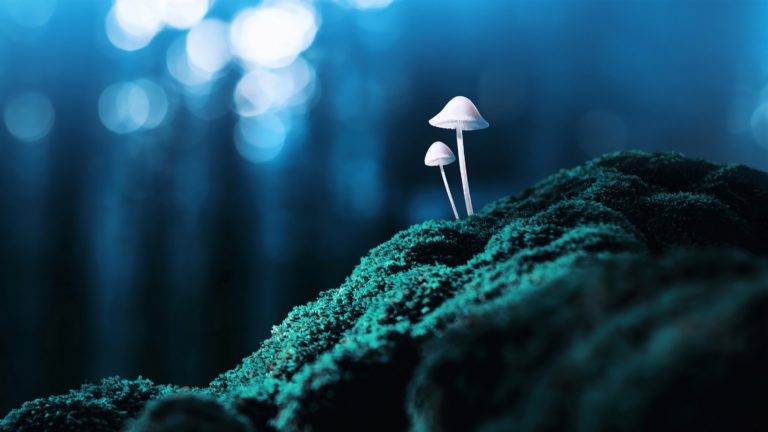
Crowdfunding Psychedelic Research
The medical benefits of psychedelic drugs have been proven repeatedly, so why hasn’t there been more funding funneled into its research and development? The short answer is that big pharmaceutical companies can’t patent and reap profit from them.
Of course, there is also the stigma behind illegal drugs and their scheduling, but according to scientists leading the charge in research behind drugs like MDMA, LSD and Psilocybin, funding is the biggest hindrance.
This has led research groups like the Beckley Foundation and the Multidisciplinary Association for Psychedelic Studies, or MAPS, to look to crowdfunding campaigns for money. These groups have found clinical success in the past and haven’t had a lot of trouble getting government permission to test scheduled drugs, they just need resources.
That’s why there’s Fund a mental (health revolution). It’s a crowdsourcing campaign designed to garner money to donate to these organizations that have had success with treating mental health issues like PTSD, addiction and end-of-life anxiety, by using psychedelic drugs paired with intensive psychotherapy. The campaign was started by Rodrigo Niño, a man who, after taking the DMT-containing Ayahuasca, rid himself of severe anxiety upon discovering he had cancer.
MAPS
The Multidisciplinary Association for Psychedelic Studies researches psychedelic drugs ranging from LSD, to Ibogaine and Ayahuasca. But their successful research treating PTSD with MDMA has gained them the most attention in scientific communities and the media. Repeated successful studies by MAPS has led them to try to expedite FDA approval by applying for breakthrough therapy status, potentially making MDMA available with a prescription by 2021.
Their success was described in a New York Times article saying, “patients reported a 56 percent decrease of severity of symptoms on average, one study found. By the end of the study, two-thirds no longer met the criteria for having PTSD.”

MAPS wants you to know that MDMA is not the same as “Ecstasy” or “molly,” and that their trials are carefully monitored in a controlled environment, while paired with intense psychotherapy.
There is clearly a cohesive community in this realm as MAPS works together often with The Beckley Foundation as well as NYU’s School of Medicine and other notable researchers like David Nutt. They have even started a week of talks and workshops called the Psychedelic Science Conference held in Oakland, joining members of the community from all over the world.
The Beckley Foundation
When Amanda Fielding discovered LSD in the 60s, she instantly understood the potential that the drug had for consciousness expansion, especially when it came to the creative process. Since then, the drug has been scheduled and vilified in the mainstream, but she knew that the best way to change that perception was to prove its utility through science.
One of the things that her foundation focuses on that is gaining in popularity and intrigue is micro-dosing. With the rise of nootropics and “biohacking,” many people, notably in the tech world, are looking for ways to increase cognitive function and mental performance, by way of psychotropic drugs and supplements. Micro-dosing involves taking a significantly diluted or small amount of a hallucinogenic drug, like LSD or Psilocybin, that does not make you trip. The effects can lead to higher levels of creativity, positive mood and an alert, awakened state. There is no scientific evidence of this, yet. Fielding hopes to change that.
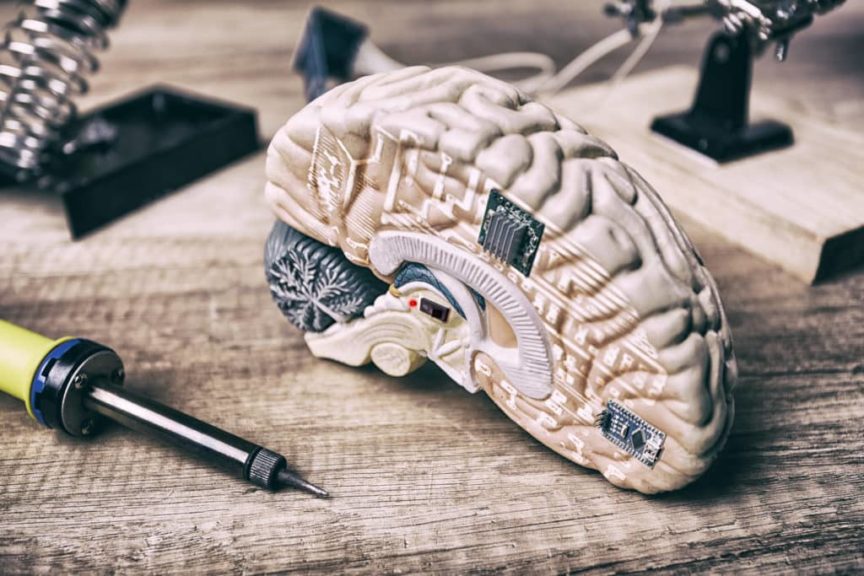
We know that psychedelics can lead to awakened states of consciousness and have the power to heal. With the stigma slowly starting to lift in the mainstream, it seems that a push from the public could be what is needed to clear the final hurdles. Since the failure of the war on drugs, medical marijuana is rapidly being legalized or decriminalized in many states with numerous benefits clinically and fiscally. We could be on the verge of a revolution in decriminalization and sweeping changes in drug policy.
New Studies Find Psychedelics Highly Effective for Alcoholism

New studies show unprecedented success in the treatment of alcoholism with psychedelic therapy.
The psychedelic revolution in mental health has produced overwhelming scientific evidence demonstrating the great efficacy of psychedelics in the treatment of various mental health disorders. Now, several new studies involving the drugs ketamine and MDMA are showing significant promise in the treatment of alcoholism.
Dr. Ben Sessa is a psychiatrist and chief medical officer at Awakn Life Sciences, an English biotech company that is at the forefront of the research, development, and delivery of psychedelic medicines.
The company is especially focused on the treatment of Alcohol Use Disorder or AUD, given how prevalent and challenging it is to treat.
“Alcoholism is a huge public health problem. It’s also a psychiatric condition that’s very poorly treated with very poor outcomes with traditional methods,” Sessa said. “Relapse to drinking after getting dry is around 80 to 90 percent at 12 months. That’s an embarrassingly poor statistic. Psychedelics offer a completely new approach; they offer the patient to explore the root causes of addiction, which so often is trauma. Psychedelic-assisted psychotherapy is an intensive upfront piece of work that gets the patient better, so they don’t have to keep coming back. It is a completely different paradigm shift to the way we currently manage patients in maintenance therapies.”
A recent study conducted by researchers at the University of Exeter and Awakn Life Sciences is the world’s first to examine the use of ketamine to treat AUD in a randomized controlled trial.
“Ketamine is a very well-established human medicine. It is indeed the only psychedelic that’s licensed as a medicine, as an anesthetic medicine, and has been used since the 60s as such. It’s an incredibly safe medicine. When it’s used at a much lower dose, it produces an altered state of consciousness. What we do in psychedelic-assisted psychotherapy with ketamine, is we use this altered state of consciousness to affect a more effective and deeper form of psychotherapy. So, we’re using ketamine as an adjunct to psychotherapy to treat addictions,” he said.




